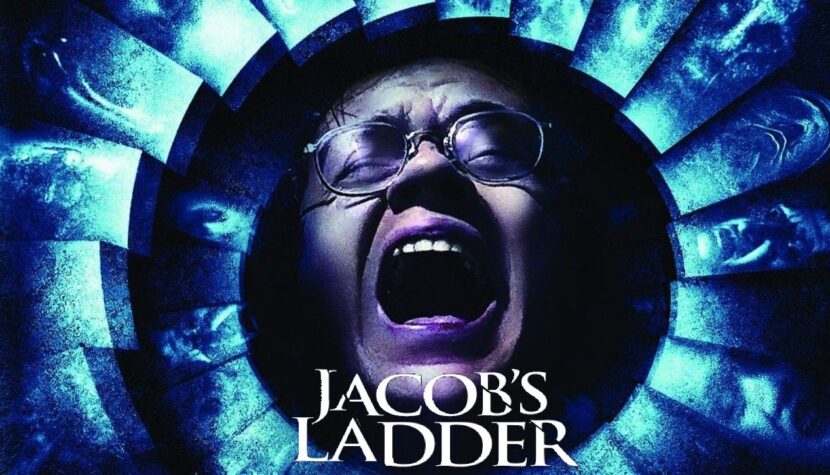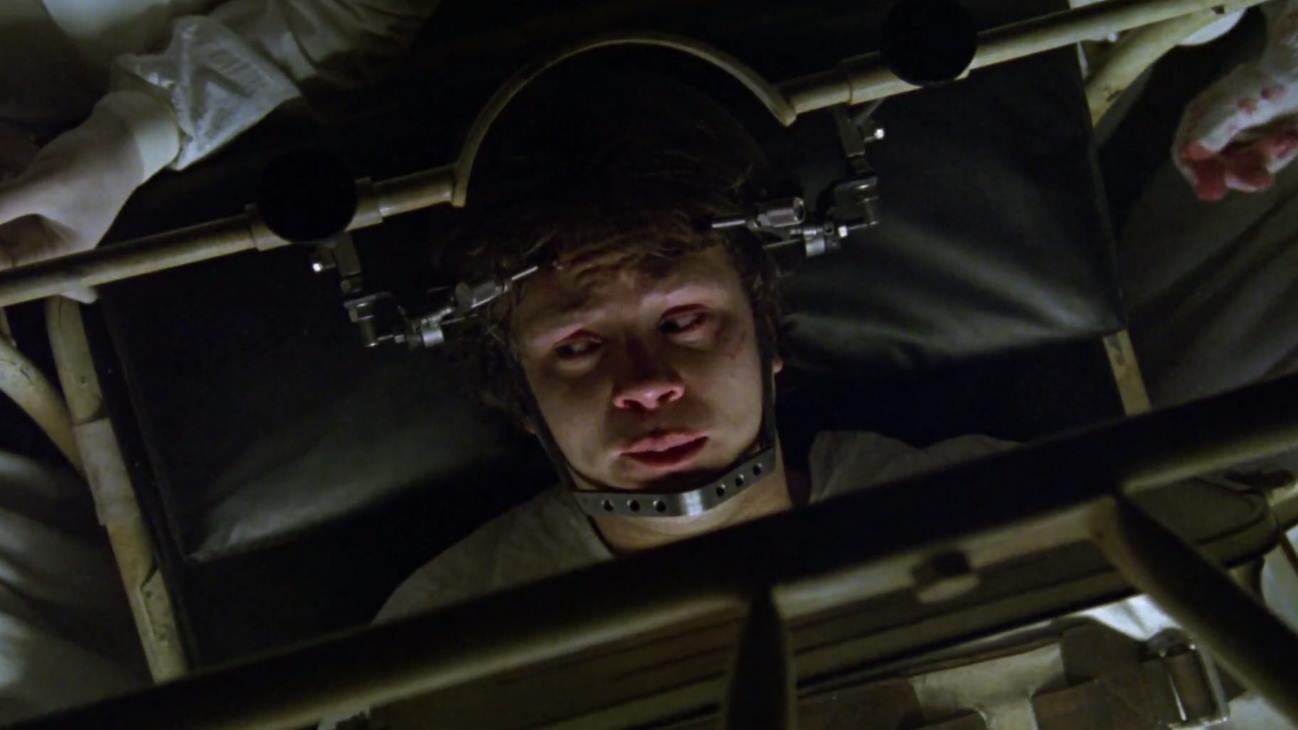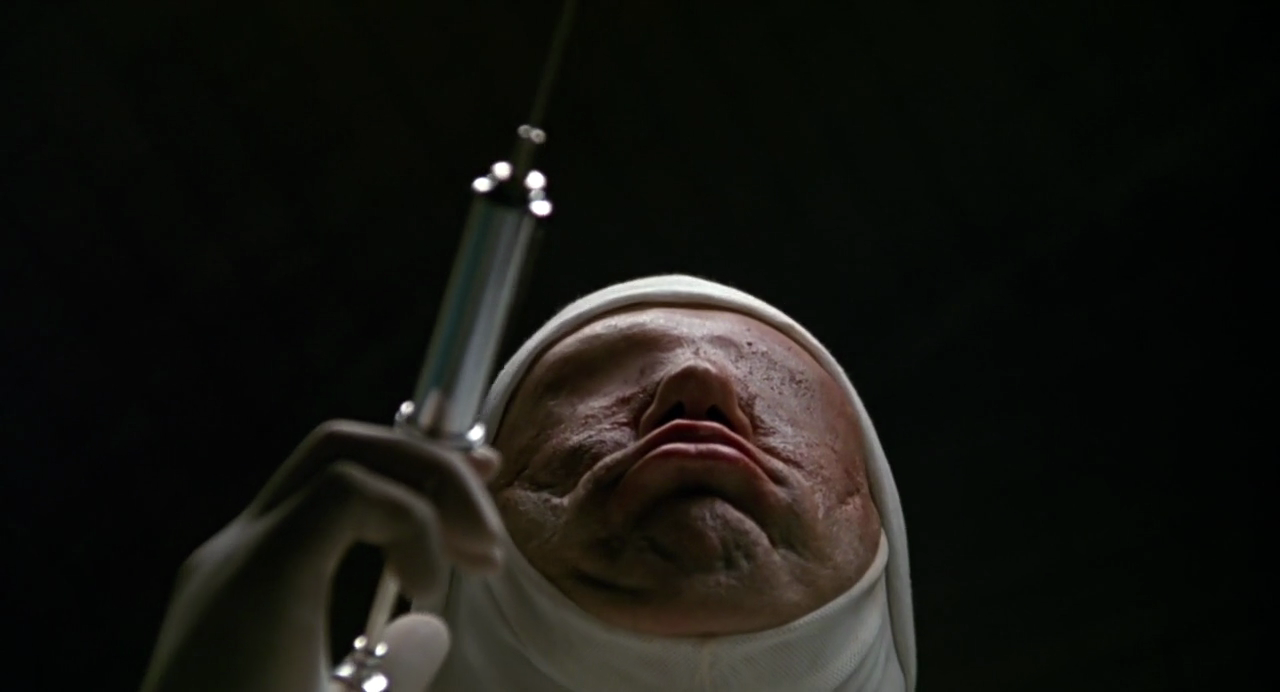JACOB’S LADDER. Part horror, part puzzle, all excellence

In the famous 9½ Weeks (1986), he portrayed the sexual fascination between two people, gradually turning into a trap with no way out and no happy ending for them (a similar pattern could be observed in Polanski’s Bitter Moon). In Fatal Attraction (1987), Michael Douglas discovers the meaning of revenge at the hands of the seduced and rejected Glenn Close, while Woody Harrelson, in Indecent Proposal (1993), learns that lending his own wife, even for one night, even to Robert Redford, even for a million dollars, is not a wise decision. The remake of Lolita (1997), on the other hand, makes men realize that falling in love with Lolitas, no matter how sweet as strawberries, beautiful as nymphs, and infatuated with an older man like a magpie with a bone, is not likely to succeed. Such a relationship has little chance of success, just like the fleeting and passionate romance between Diane Lane and Olivier Martinez in Unfaithful (2002), directed by Adrian Lyne himself.
From the above compilation, it is clear what kind of cinema Adrian Lyne treats us to – which, by the way, he does quite well every time. The exception in his filmography is Jacob’s Ladder from 1990, a work radically different from his earlier and later achievements, aesthetically closer to David Cronenberg’s cinema, and with an enigmatic atmosphere that can rival Lynch’s Lost Highway.

This film is ruled by a psychedelic atmosphere immersing us in the life of Jacob. Tim Robbins portrays Jacob, a deeply religious Vietnam veteran, and creates one of his best performances in Lyne’s film. Jacob lives tormented by nightmares that haunt him both in reality and in dreams; he sees terrifying figures, faces, organic fragments of unidentified bodies that seem to pop up uncontrollably, like a rabbit out of a hat, to the horror of the emotionally exhausted protagonist. Jacob was in Vietnam, where a bloody battle occurred, and he only remembers fragments of images, screams, fights, and contorted bodies of friends… When ‘demons’ in a black car begin to threaten his life, and the visions become unbearable, the protagonist starts a private investigation leading him into the past, specifically to Saigon, to the day of that bloody battle.

The somewhat chaotic description of the plot of Jacob’s Ladder truly reflects the incredible, often unreal, dream-like atmosphere of the film. The viewer, along with Jacob, is surprised and disoriented while trying to find an explanation for the nightmarish visions. Every path leads nowhere, every clue turns out to be false, and the atmosphere of enclosure, alienation, and powerlessness intensifies minute by minute. The atmosphere is dense and depressing, the sense of loss and imminent death extremely evocative. Are these angels, demons, or perhaps Satan? Not coincidentally, the working title of Jacob’s Ladder was Dante’s Hell: “Dante’s journey through the three realms expresses the journey of a sinful man from the knowledge of guilt and the suffering of purification from sin, to the moral rebirth and perfection.” – this brief explanation says a lot about the protagonist, his ‘journey,’ and the shocking finale of the film – without giving anything away! Therefore, Jacob’s suffering is a punishment, a test of faith, or perhaps a chance for independent conclusions, also for the viewer? Jacob’s Ladder is undoubtedly intelligent, engaging, and formally innovative cinema of the highest caliber, which – one could confidently say – inaugurates a new genre: hysterical cinema.

Maurice Jarre, who composed music for films such as Ghost, Dead Poets Society, and Mad Max 3, created the illustrating soundtrack for the protagonist’s extraordinary experiences. The excellent cinematography, almost narrative in Jacob’s Ladder, is the work of Jeffrey L. Kimball – known for action cinema, with credits like Top Gun, Beverly Hills Cop 2, M:I2, and True Romance. Alongside the cinematography, contributing to the excellent dramatic effect of the film, is Tom Rolf, who skillfully edited Jacob’s Ladder. The suggestive visual effects are the work of Jay Mclennen (also involved in Face/Off and eXistenZ) and the special effects team. As the creators themselves say, all visual effects in Jacob’s Ladder were created on set, not in post-production. An interesting fact is that, throughout the film, Jacob’s visions are never shown in the same frame as Jacob himself… Finally, it is worth mentioning that Macaulay Culkin played the role of Jacob’s son in the film (uncredited).

